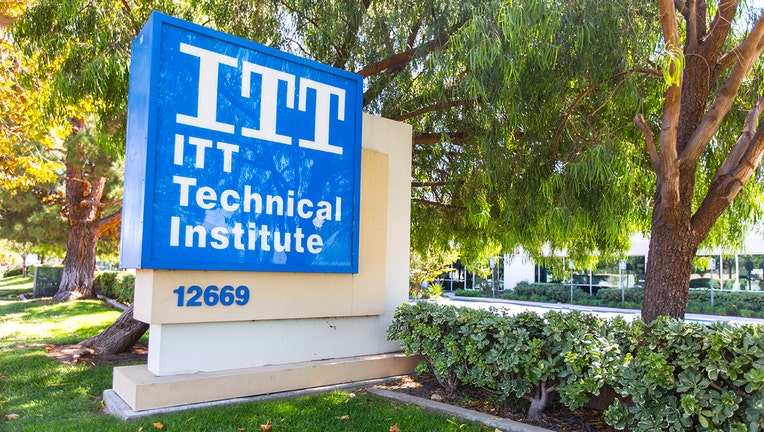Biden administration cancels $500M of student loan debt: This is who qualifies

The Biden administration ruled to cancel student loan debt for 18,000 students who were defrauded by a for-profit institute. See how this may affect you – and how to deal with your college debt if you don't have your student loans forgiven. (iStock)
The U.S. Department of Education, under the direction of President Joe Biden, recently announced that the 18,000 students who were defrauded by ITT Technical Institute will have their student loans forgiven. In total, over $500 million worth of student debt was forgiven, amounting to an average of nearly $28,000 per borrower.
The move is part of the borrower defense program, which offers loan repayment forgiveness for students who feel they were misled by an institution of higher education. The Biden administration has canceled $1.5 billion worth of student loans for approximately 90,000 borrowers under this program so far.
The former ITT students said that the for-profit institute, which closed in 2016, made false claims about employment prospects, as well as the ability to transfer credits. The Department of Education found that the institute misrepresented the earning potential a degree from ITT would grant them; in reality, ITT graduates said that including their tenure on a resume made it harder to gain employment.
STUDENT LOAN REFINANCING RATES DROP AGAIN TO RECORD LOW: HOW TO FIND YOUR RATE
"Many of these borrowers have waited a long time for relief, and we need to work swiftly to render decisions for those whose claims are still pending," Education Secretary Miguel Cardona said in a statement. "This work also emphasizes the need for ongoing accountability so that institutions will never be able to commit this kind of widespread deception again."
While the defrauded ITT graduates have had their loans discharged, millions of other Americans are still in student loan repayment. Broader student loan forgiveness measures are still out-of-reach, so don't wait for your loans to be discharged if you're struggling to repay your college debt. Instead, take advantage of record-low student loan refinancing rates to save money on your private student loans.
How to know if student loan refinancing is right for you
Student loan refinancing can help some borrowers pay off their loans faster and save money with a lower interest rate, but it's not right for everyone.
It's not advisable to refinance federal student loans, for example, since doing so means you'll lose federal protections like income-driven repayment and zero-interest COVID-19 forbearance. It may even make you ineligible if the federal government decides to cancel student loan debt in the future.
Student loan borrowers who have private student loan debt, however, should look into refinancing while rates are at record lows. Doing so can lower your student loan payment or help you pay off your private loans faster. Student loan cancellation doesn't apply to private loans, so there's no risk of losing benefits by refinancing them. You can compare student loan refinancing rates across multiple lenders at once using Credible's online marketplace.
WITH STUDENT LOAN REFI RATES NEAR RECORD LOWS, HERE'S HOW TO CALCULATE YOUR SAVINGS
Still not sure if refinancing is a good idea?
Student loan refinancing can save borrowers thousands of dollars over the course of loan repayment. It's important to weigh the pros and cons of doing so, and to be mindful that it isn't applicable to everyone's personal finance situation.
Those who refinanced their private student loans to a shorter term using Credible saved $17,344 on average. See if student loan refinancing is a smart move for you by using a student loan payment calculator.
And if you still have questions, get in touch with an experienced student loan consolidation officer at Credible to learn more.
BIDEN'S BUDGET EXCLUDES STUDENT LOAN FORGIVENESS, SO WHAT SHOULD YOU DO WITH COLLEGE DEBT?
Have a finance-related question, but don't know who to ask? Email The Credible Money Expert at moneyexpert@credible.com and your question might be answered by Credible in our Money Expert column.

